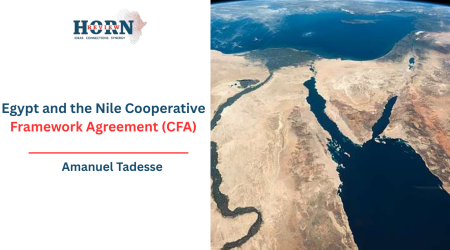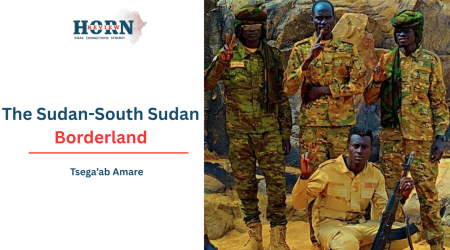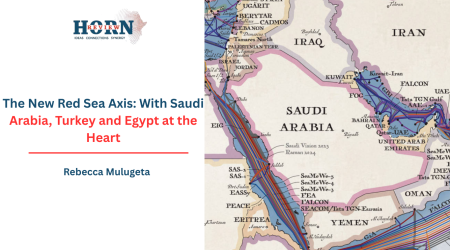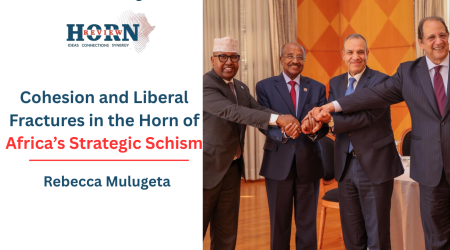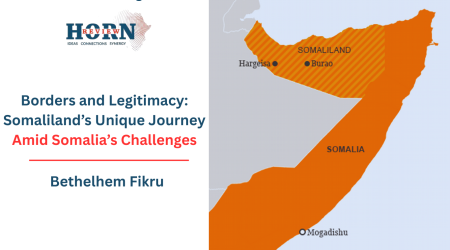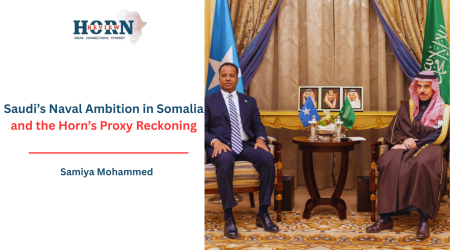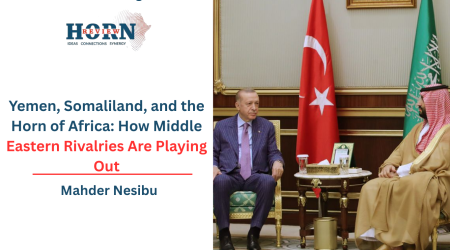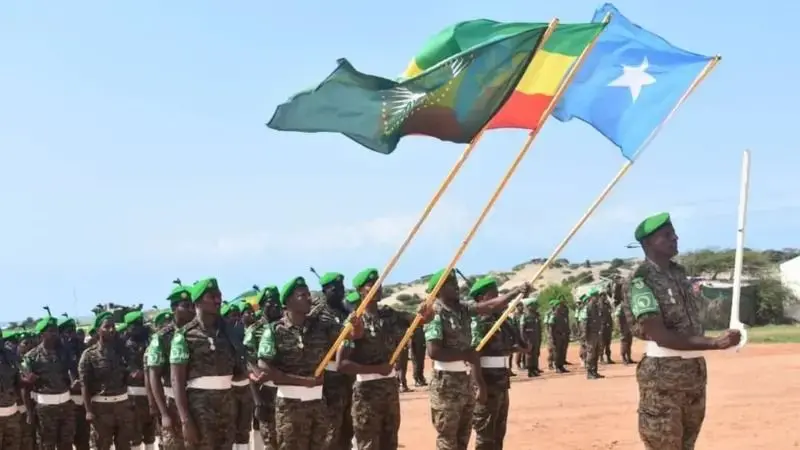
30
Jul
Maxaas and the Fractured Horn: Somalia’s Fragility and Ethiopia’s Strategic Dilemma
The recent fall of Maxaas, a pivotal town in Somalia’s Hiiraan region, to Al-Shabaab militants marks a significant turning point in the Horn of Africa’s security dynamics. For Ethiopia, this event is not merely a regional concern; it directly challenges the nation’s long-standing commitment to stabilizing Somalia through a blend of military, diplomatic, and intelligence efforts.
Maxaas was previously recaptured through a series of coordinated suicide bombings and ground assaults by joint Somali and Ethiopian forces. However, after Ethiopia’s withdrawal in 2024 as part of the African Union Transition Mission in Somalia (ATMIS), control of the town was transferred to Somali security forces. Since then, the town has fallen back to Al-Shabaab militants, highlighting challenges in Somali federal security capacity. This withdrawal aimed to decentralize security efforts, yet, in the absence of robust federal coordination and capacity, over 20 towns have since reverted to militant control, undermining the hard-won gains achieved during 2022 and 2023.
The crisis in Maxaas unfolds against a backdrop of rising political tensions between Somalia’s federal government and its regional member states. Armed clashes in Gedo’s Doolow town and growing frustrations among Puntland leaders underscore the ongoing failure to establish a coherent national security strategy. Local Macawisley militias, once vital allies in the fight against Al-Shabaab, now accuse the federal government of neglect and disorganization.
The stakes for Ethiopia have never been higher. A recent meeting in Addis Ababa between Mahad Mohamed Salad, head of Somalia’s National Intelligence and Security Agency (NISA), and Ethiopian intelligence head Redwan Hussein signals an urgent need for renewed regional cooperation. Captured in a widely circulated photo, their tense discussions reveal the high-stakes nature of the talks. Redwan’s crossed arms suggest caution, a stance many analysts interpret as indicative of lingering tensions.
Crucially, this intelligence meeting coincided with Al-Shabaab’s seizure of Maxaas, reinforcing the imperative for enhanced intelligence sharing and regional coordination. The Ethiopian government, which continues to frame its exit from Somalia as a strategic shift rather than disengagement, views such high-level dialogue as essential to countering transnational threats.
Amid these developments, broader diplomatic currents are reshaping regional alliances. Somali President Hassan Sheikh Mohamud’s recent trip to Addis Ababa, officially linked to the UN Food Systems Summit, comes amid growing speculation regarding Somalia’s dual engagements with Egypt and Ethiopia. His back-to-back meetings in Cairo and Addis — involving senior security officials suggest quiet efforts to navigate tensions related to Ethiopia’s maritime access deal with Somaliland and the ongoing Grand Ethiopian Renaissance Dam (GERD) dispute with Egypt.
While Mogadishu asserts that the Somaliland-Ethiopia memorandum of understanding (MOU) infringes on Somali sovereignty, Ethiopia emphasizes its interest in economic diversification and Red Sea access through peaceful negotiation rather than destabilization. This tension grows as Ethiopia seeks maritime access while maintaining its role as a regional peacekeeper.
Former Somali President Sheikh Sharif has openly criticized the federal government’s failure to defend Maxaas as a “serious lapse in leadership,” echoing frustrations voiced by Puntland and other regions. Yet, Ethiopia remains focused on long-term regional security, advocating for strategic diplomacy, economic connectivity, and integration through IGAD.
Ethiopia’s collaboration with Somali forces between 2022 and 2024 successfully liberated strategic towns such as Maxaas and Aadan Yabaal. The loss of these areas is not merely a setback for Somalia but a regional issue, signaling the risk of reverting to militant control if diplomatic and military coordination falters.
At this critical juncture, Ethiopia remains committed to principled engagement. The Horn of Africa cannot afford fragmented responses to shared threats. The fall of Maxaas serves as a stark warning: without unified action and renewed intelligence cooperation, the fragile peace in the region may slip beyond recovery.
In a landscape marked by deep-rooted fragility and interdependence, the pursuit of regional stability must transcend individual national interests. Only through collaborative efforts can the Horn of Africa hope to navigate the turbulent waters ahead and safeguard its future.
By Bemnet Fikre, Researcher, Horn Review

